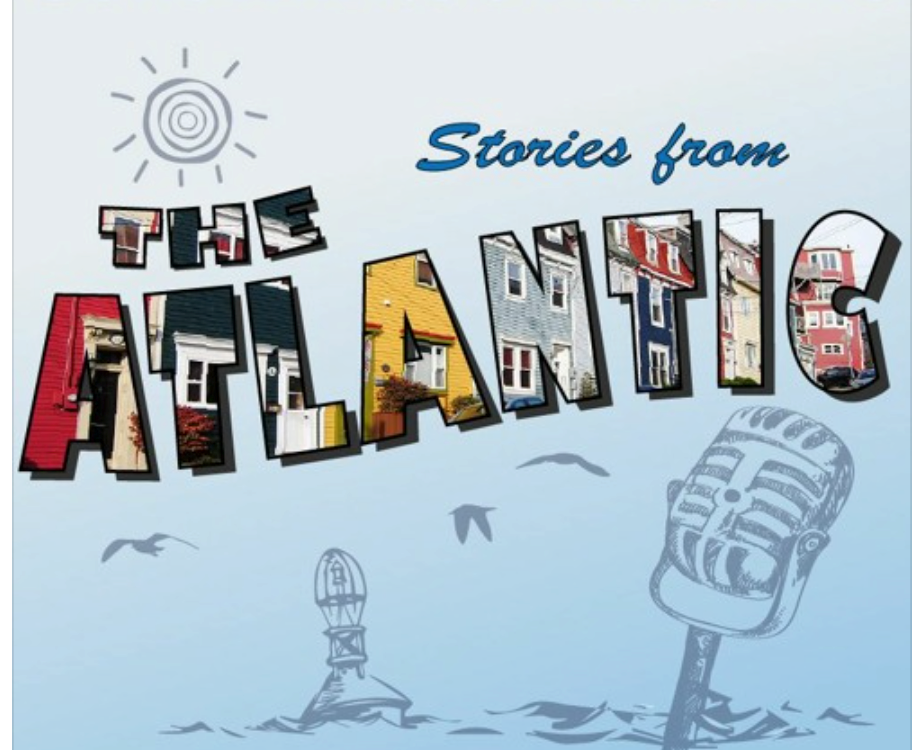
EPI Faculty and Students Participate in Inaugural Labrador Research Forum
June 6, 2017
Interview with Lloyd’s Register Foundation
July 12, 2017I was very pleased to have the opportunity to attend last month’s Labrador Research Forum in Goose Bay. The form was very well organized and attended with approximately 170 researchers, Indigenous Nation and Government representatives, local community members, and students in attendance. While many guest speakers and panels focused, to a greater or lesser extent, on less-than-favorable past relationships between researchers and Indigenous communities, the Form also focused on reconciliation and provided opportunities to learn about, exchange information, and develop ideas regarding already-established and emerging research, funding, and educational opportunities in Labrador. I came away from the Forum with a renewed sense of optimism as the connection between the research needs facing the northern part of our province and the diverse skills and expertise housed here at Grenfell, and within the Environmental Policy Institute (EPI) more specifically, is obvious.
In addition to networking with other researchers from Labrador and other parts of Canada and establishing future promising research opportunities, I also had the opportunity to present a series of posters focused on the work of Grenfell’s EPI. The first three posters in the series focused on the research, teaching (through the Master of Arts in Environmental Policy (MAEP) program), and public engagement efforts of the EPI while the fourth highlighted the NL Nature Atlas project an example of such public engagement/outreach activities. The poster session was well attended and I am pleased to say that there was a lot of interest in the set of posters from the EPI. While some poster session attendees learned about the Grenfell’s EPI and the MAEP for the first time, others knew something of our work from both the quality presentations of the MAEP graduate students in attendance (Leanna Butlers, Ifedolapo Mohammed, and Jason Dicker) at the Forum and also from the good work of EPI faculty members in region (Dr. Paul Foley, Dr. Kelly Vodden, and Dr. Catherine Keske).
From the topics presented at the conference and from dialogue with attendees, I see the potential of a very fruitful relationship developing between Labrador’s Indigenous Nations and Governments, Memorial’s Labrador Institute, and the EPI.
Three ‘take away’ points which come to mind after reflecting on the Forum, and my interactions with attendees during the poster session more specifically, are as follows:
- Information regarding the work of the EPI, especially its graduate-level academic program (but also Grenfell’s relevant undergraduate programs), should be tailored and targeted to ensure organizations in Labrador are better informed about the potential research, public engagement, and educational opportunities offered through the Grenfell Campus.
- Related to the above point: while availing of opportunities like the Labrador Research Forum provide an excellent platform to present the attributes of the EPI, a proactive approach to highlighting connections between research expertise and educational opportunities of the EPI and the research needs and educational aspirations of organizations in Labrador would likely be more effective in establishing mutually beneficial relationships.
- The role of individual EPI faculty members and MAEP graduate students in serving as ambassadors, recruiters, and research facilitators should not be underestimated. Those poster session attendees who knew something of the EPI and/or the MAEP referenced the work of either our graduate students or faculty members in their discussions with me.
Stephen Decker




